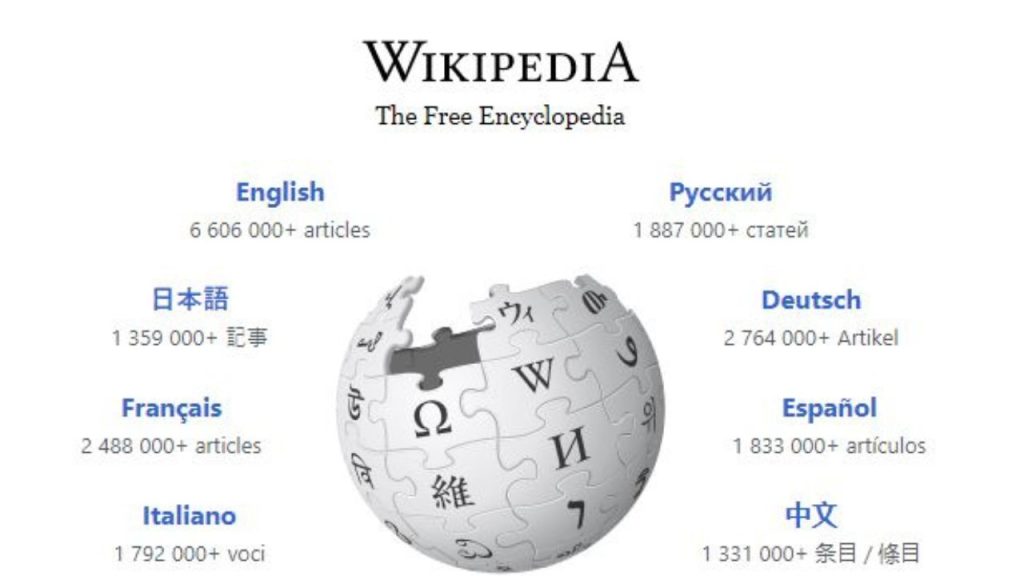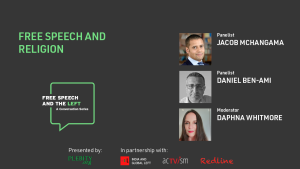
Blasphemy laws there attack free speech here
See: Blasphemy – a notion that crystallizes so many of the issues around free speech
Last Wednesday the Pakistani government issued an ultimatum threatening to shut down the online crowd-sourced encyclopedia Wikipedia. The Pakistani authorities gave Wikipedia 48 hours to remove certain content they deemed to be ‘sacrilegious’ or blasphemous.
The forty eight hours had passed by Friday evening, and Saturday it was announced that Wikipedia had been banned in Pakistan.
No one has publicly said what the specific content was that needed to be removed to satisfy the Pakistani censors.
In the past, other tech giants including Facebook and Youtube have been banned by Pakistan. In each case they made arrangements with the Pakistani authorities to in some way modify their content, and access to their services was restored.
“We believe that access to knowledge is a human right. A block of @Wikipedia in Pakistan denies the 5th most populous nation in the world access to the largest free knowledge repository. If it continues, it will also deprive everyone access to Pakistan’s history and culture.” –Wikimedia Foundation
Pakistan recently passed new laws tightening its control over social media content. India has done the same. These are unfortunate measures that have repercussions beyond the borders of those countries.
The problem is not in Pakistan or in India. The problem lies in the Silicon Valley creatures themselves who control the information spigots. As long as the tech companies are opaque, privately controlled and outside of all public oversight, they will inevitably make arrangements to please the censors. They are profit seeking animals, and that is their nature.
We can look at the example of Google’s secret project Dragonfly in China as a prime example.
In 2012, under pressure from the Chinese government to censor certain search results, Google’s then CEO Eric Schmidt said: “I personally believe that you cannot build a modern knowledge society with that kind of [censorship]…”
In 2018, the news was that [g]oogle was “planning to launch a censored version of its search engine in China that will blacklist websites and search terms about human rights, democracy, religion, and peaceful protest…”
The current status of Google in China is unclear. Google services can be accessed from mainland China via VPN. Do those users from China see a censored version, or to put it more delicately, a version with its own particular algorithms? Rest easy, we have Google’s word that this is not the case.
“Everything in life has a price tag. For Google, the price to give up rights to free speech—or some of it—would probably be the potential to add 750 million users under its belt.” –the Observer
The tech companies compromise, and bit by bit the integrity of the information they provide is compromised. Wikipedia is a nonprofit and therefore theoretically immune to the profit motive driving most of big tech. That is why this case with Pakistan is so important. Wikipedia has no excuse to not hold firm. There is no such thing as a small compromise meant to mollify local sensitivities when it is a question of the integrity of this widely trusted information reference. Wikipedia is currently shut down in Pakistan, but the question is, what will the company do when the public spotlight is turned off?
——-
https://www.aljazeera.com/news/2023/2/4/pakistan-blocks-wikipedia-citing-blasphemous-content
https://www.theguardian.com/technology/2014/feb/07/jimmy-wales-wikipedia-interview



